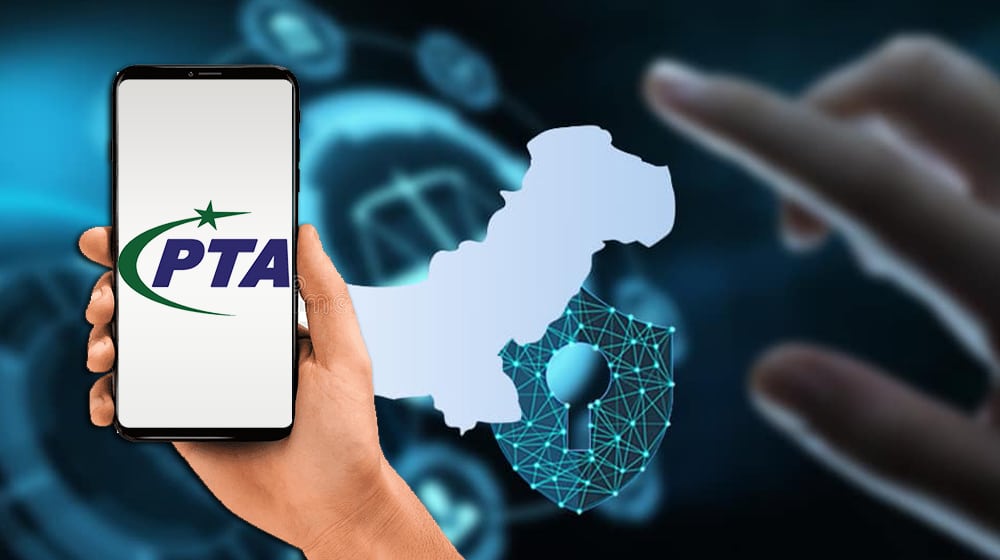Pakistan Telecommunication Authority (PTA) Introduces “Tariff for Cellular Mobile Telecommunication Services Regulations, 2024″
The Pakistan Telecommunication Authority (PTA) has introduced the “Tariff for Cellular Mobile Telecommunication Services Regulations, 2024,” designed to ensure pricing flexibility, protect consumer interests, and prevent the cross-subsidization of other telecommunication services.
Applicability and Principles
These regulations apply to all Cellular Mobile Licensees for setting retail tariffs for licensed services. The key principles for setting tariffs include:
- Pricing Flexibility: Allowing licensees to set prices while ensuring consumer protection.
- Reasonable Return on Investment: Tariffs must provide a fair rate of return considering operational costs.
- Prevention of Cross-Subsidization: Tariffs should not subsidize other telecommunication services.
READ MORE: Pakistan Absent from IMF Board Meeting Agenda
Tariff Approval Procedures
The approval process varies for Significant Market Power (SMP) licensees and non-SMP licensees:
- Non-SMP Licensees: They can independently set and revise tariffs, provided they notify the PTA and consumers at least seven days before changes take effect. However, the PTA can modify these tariffs if they negatively impact consumers.
- SMP Licensees: These licensees must submit detailed proposals, including criteria for establishing tariffs, to the PTA at least fifteen days before launch. Proposals must include comprehensive cost data to ensure tariffs are not predatory or excessively priced.
Directory Inquiry and Assistance Services
- Operator Assistance and Directory Inquiry: No charges should be imposed unless approved by the PTA. Requests for such tariffs must be submitted at least fifteen days in advance.
- Consumer Assistance Helpline: Licensees must establish a free-of-cost helpline for consumer assistance via Interactive Voice Response (IVR).
Detailed Tariff Proposals
Licensees must submit comprehensive tariff proposals to the PTA’s Director General (Commercial Affairs) through letter, fax, or email. These proposals should include:
- Basis for the proposed tariff with supporting evidence.
- Detailed cost data and calculations to prevent predatory pricing.
- Data on the margin or reasonable rate of return.
- For bundled tariffs, detailed cost data for each service included in the bundle.
Tariffs will be deemed burdensome if they result in abnormally high profits, exceed industry benchmarks or inflation, are beyond average consumer affordability, or any other factors determined by the PTA.
Regulation of Interconnection Charges
The PTA will regulate SMP licensees’ interconnection charges and wholesale tariffs, including the Mobile Termination Rate (MTR), based on Long Run Incremental Cost (LRIC) or other methodologies like international benchmarking.
Transparency and Consumer Information
Licensees must provide updated national and international roaming tariffs on their websites, including terms and conditions. Consumers must be informed of applicable roaming charges via SMS after selecting a licensee while abroad. Only services requested in writing by the consumer should be activated for international roaming, and consumers must not be charged beyond their security deposit. Additionally, automatic renewal of subscription-based packages is prohibited without explicit consumer consent. In cases of auto-renewals, explicit consent and steps for unsubscribing must be communicated to the consumer before the first renewal.
Conclusion
These comprehensive regulations aim to create a balanced and fair telecommunication market in Pakistan, ensuring consumer protection while allowing licensees the flexibility to innovate and compete effectively.



